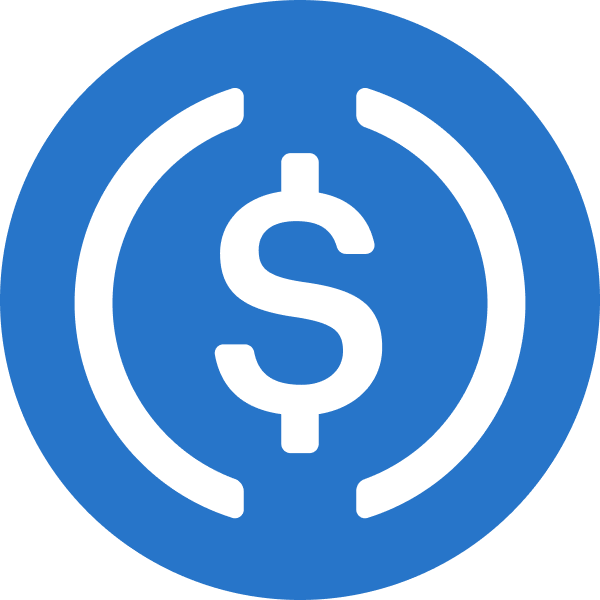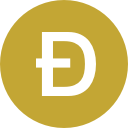What is the current price of NKN?
We update our NKN to USD currency in real-time. Get the live price of NKN on Coinbase.
What is the market cap of NKN?
The current market cap of NKN is $92.98M. A high market cap implies that the asset is highly valued by the market.
What is the all time high of NKN?
The all-time high of NKN is $1.54. This all-time high is highest price paid for NKN since it was launched.
What is the 24 hour trading volume of NKN?
Over the last 24 hours, the trading volume of NKN is $4.08M.
What other assets are similar to NKN?
Assets that have a similar market cap to NKN include PAID Network, Ardor, Tokamak Network, and many others. To see a full list, see our comparable market cap assets.
How many NKN are there?
The current circulating supply of NKN is 755 million.
What is the typical holding time of NKN?
The median time that Coinbase customers hold NKN before selling it or sending it to another account or address is 20 days.
What is the relative popularity of NKN?
NKN ranks 77 among tradable assets on Coinbase. Popularity is currently based on relative market cap.
What is the current trading activity of NKN?
Currently, 63% of Coinbase users are buying NKN. In other words, 63% of Coinbase customers have increased their net position in NKN over the past 24 hours through trading.
Can I buy NKN on Coinbase?
Yes, NKN is currently available on Coinbase’s centralized exchange. For more detailed instructions, check out our helpful how to buy NKN guide.










































![USDX [Kava]](https://asset-metadata-service-production.s3.amazonaws.com/asset_icons/e9f3d994e0965e77efdb0fc22647fb397a7488cf9db036821e583366f7e62936.png)













